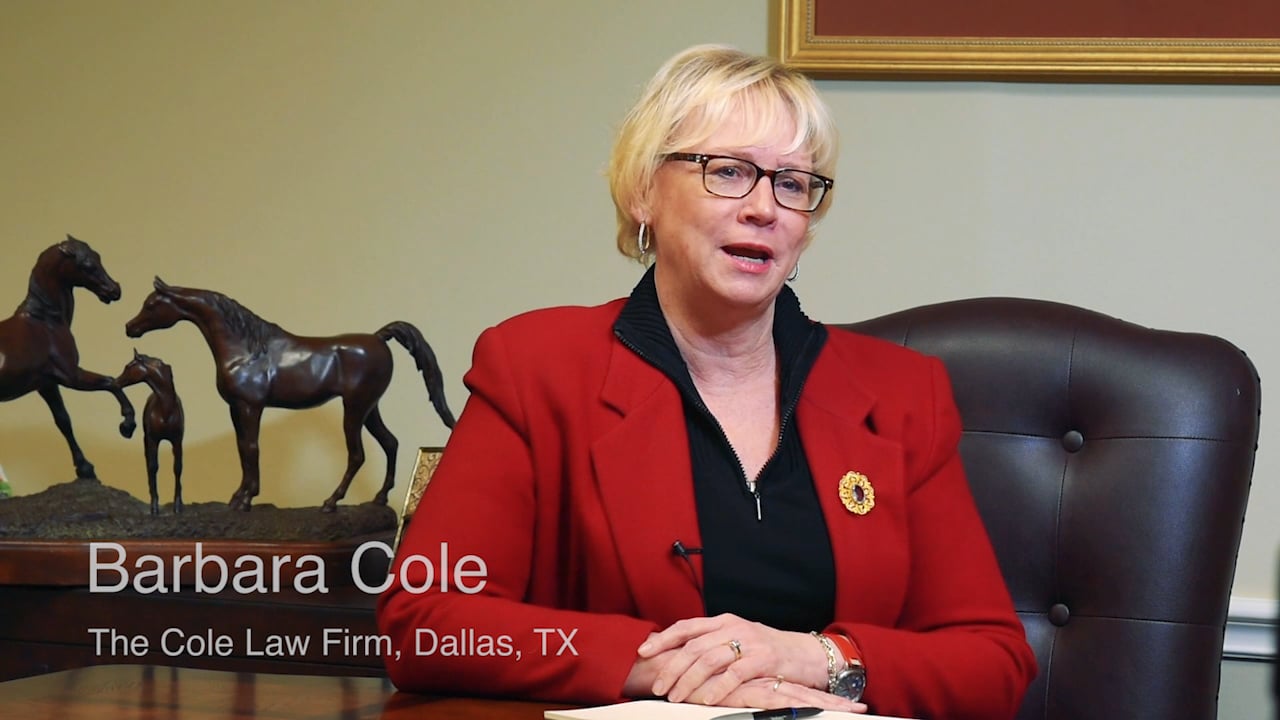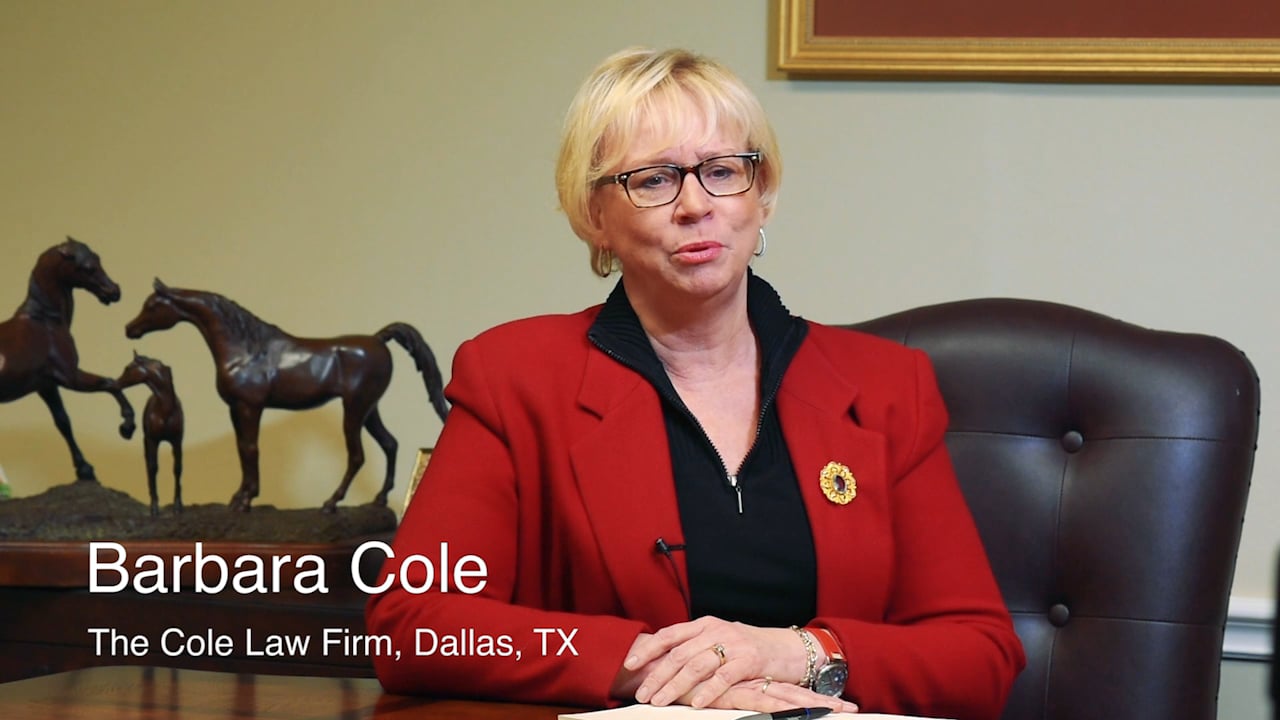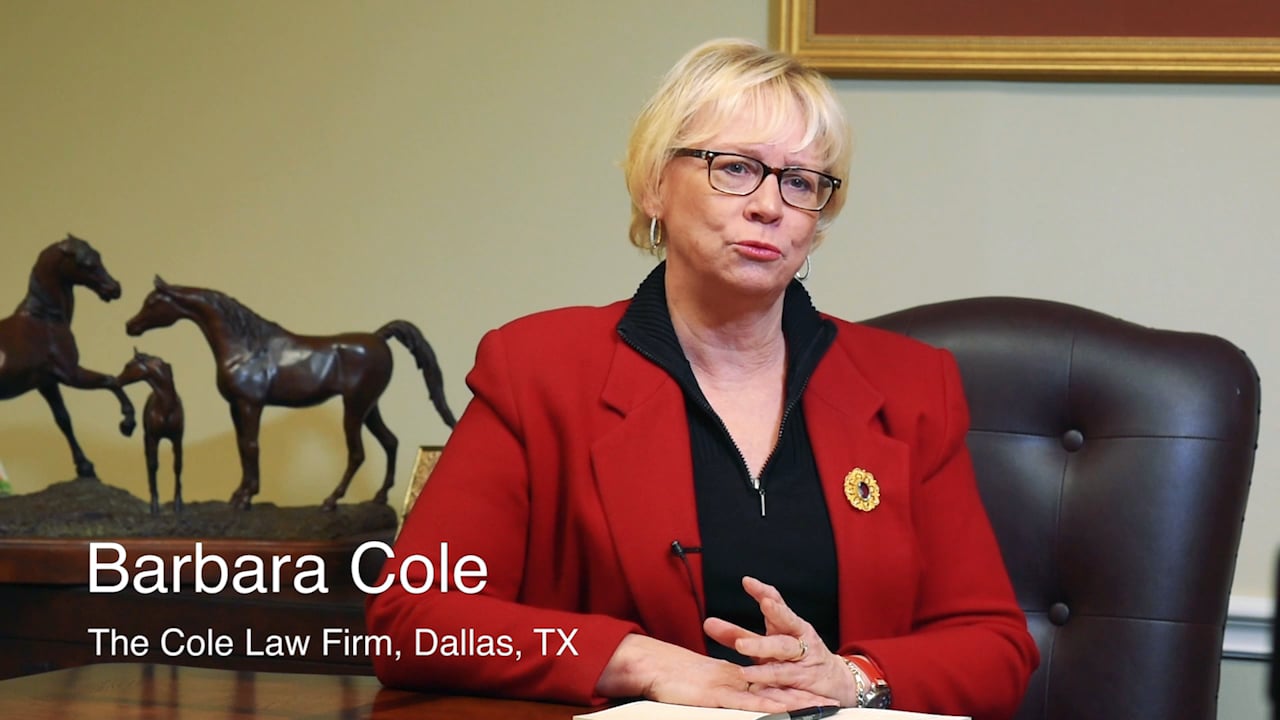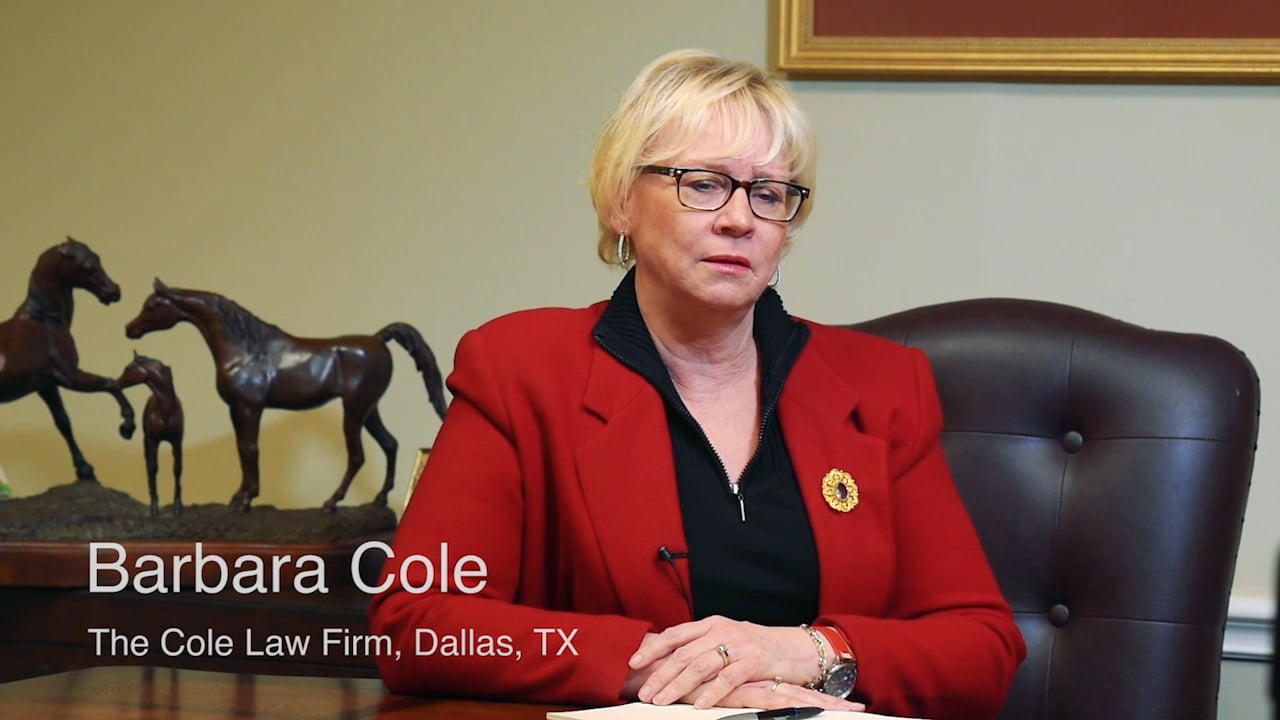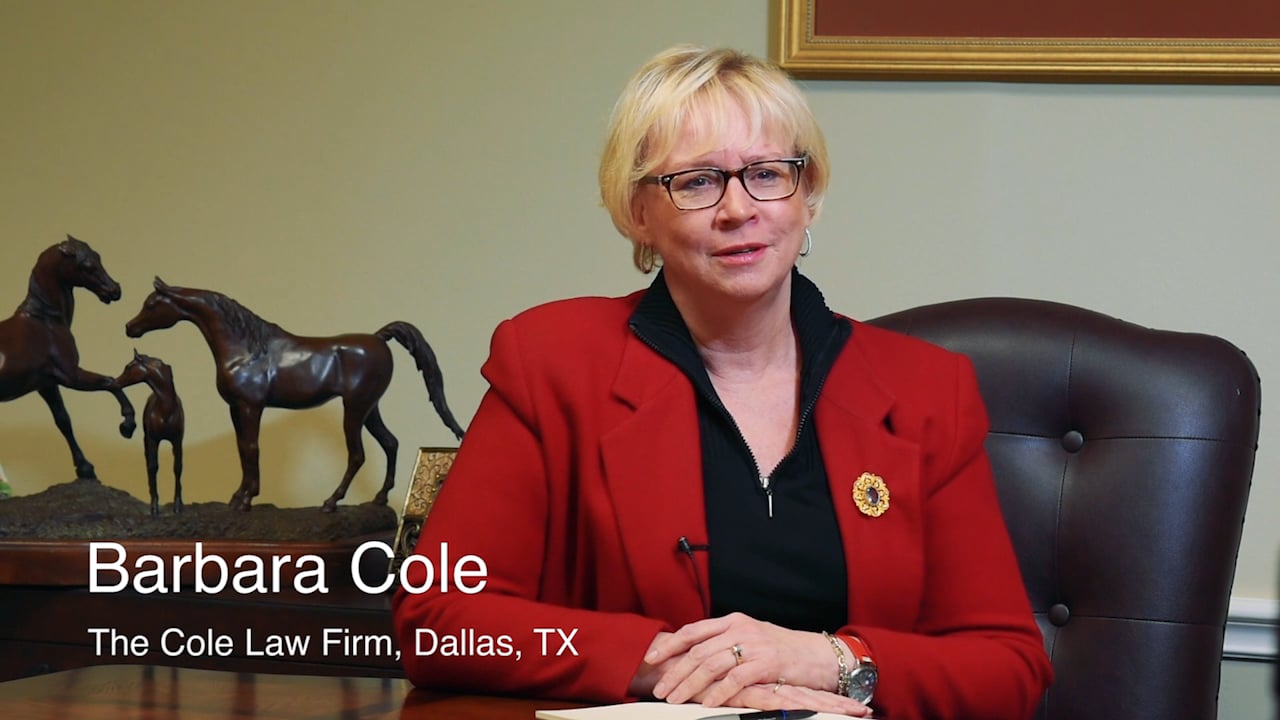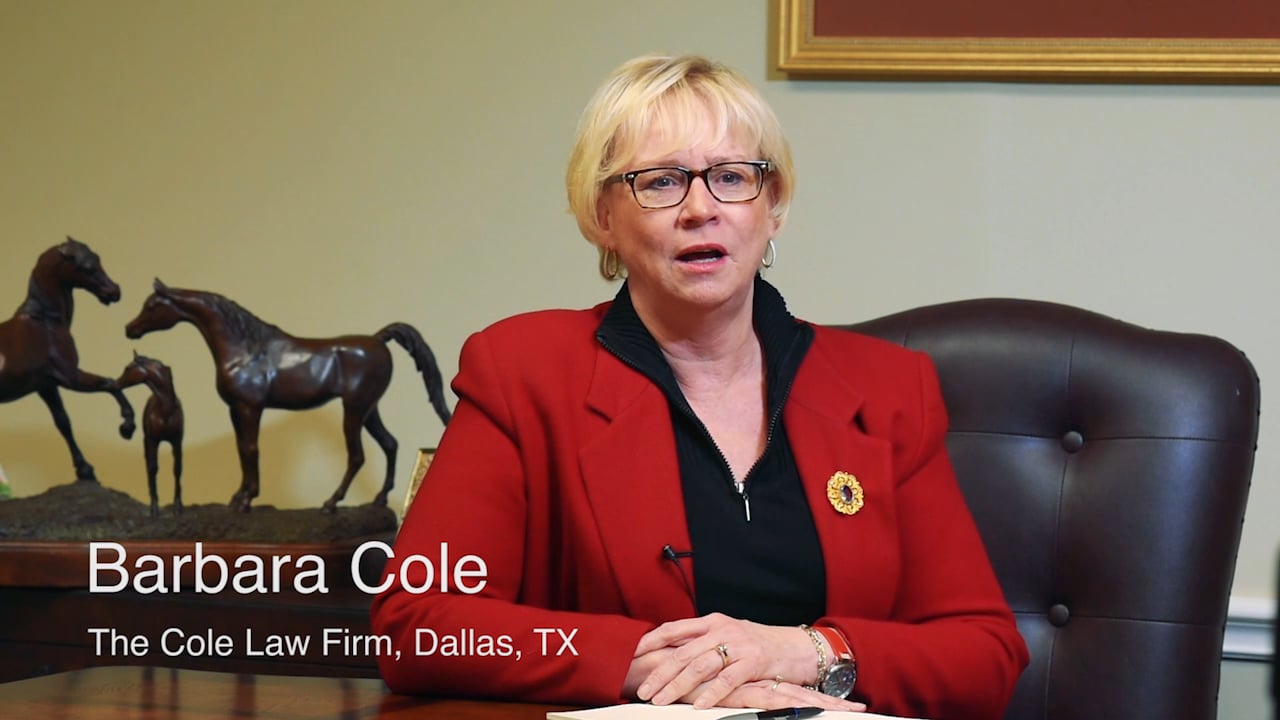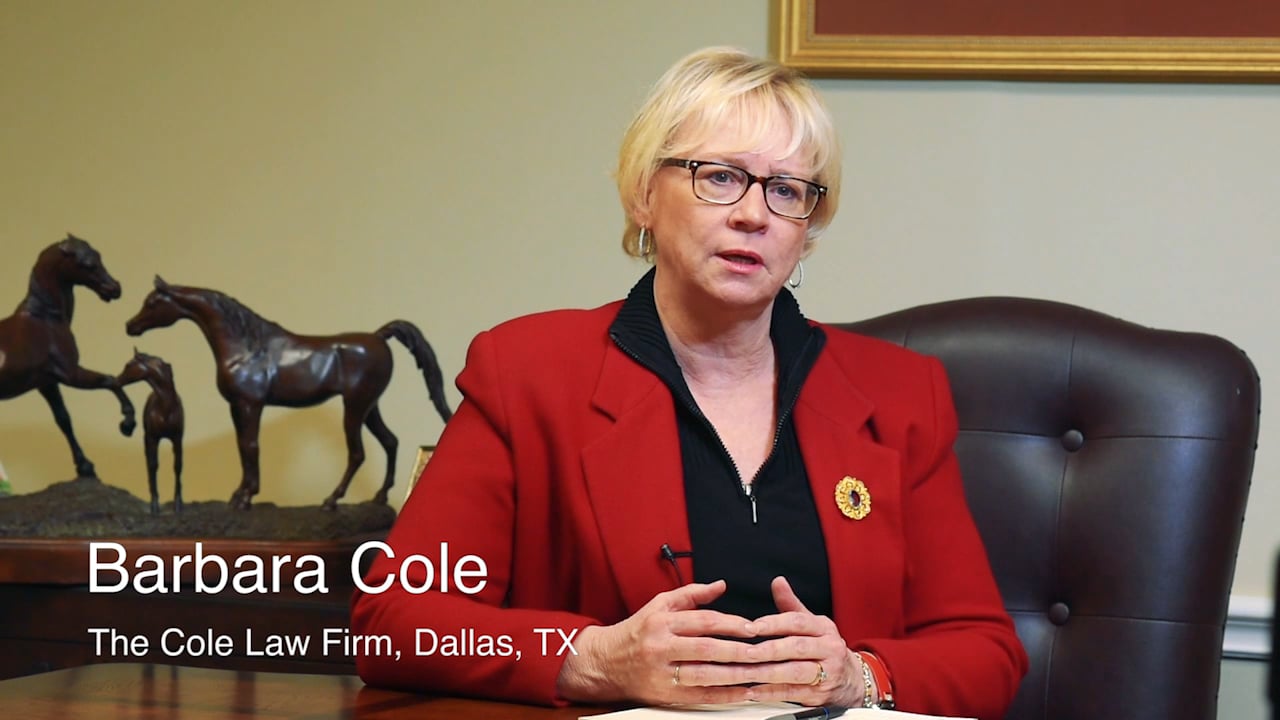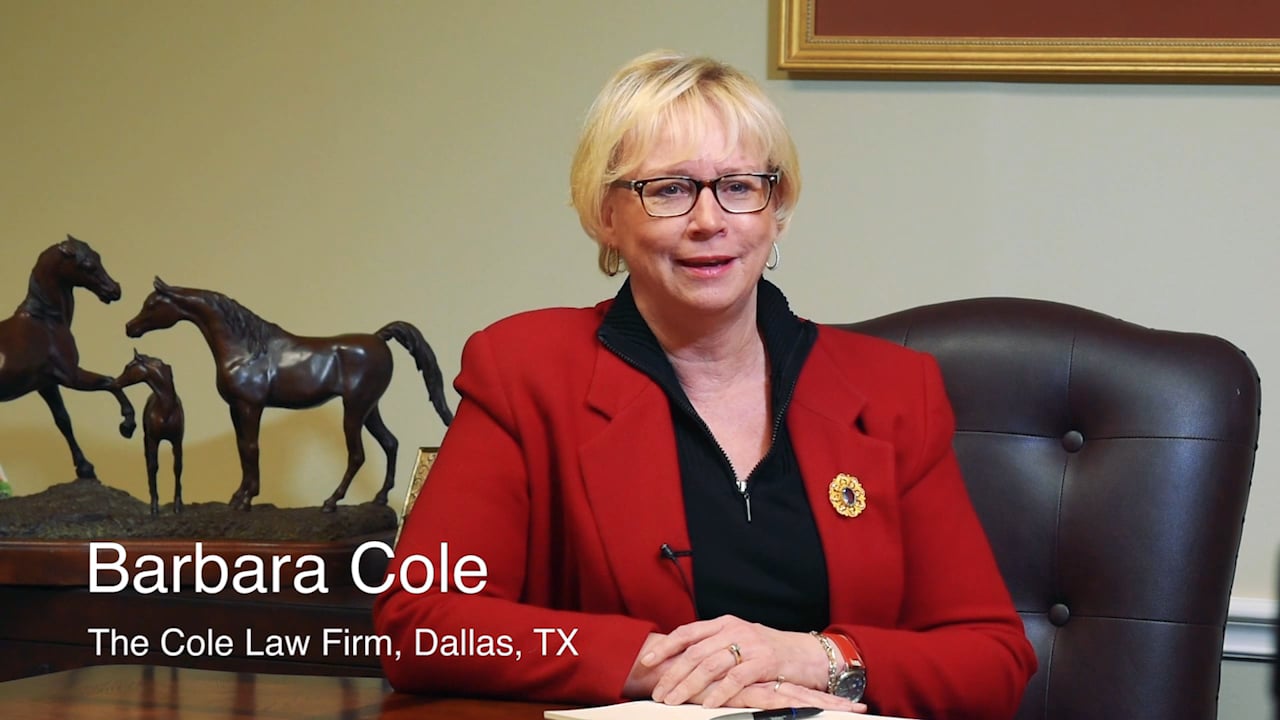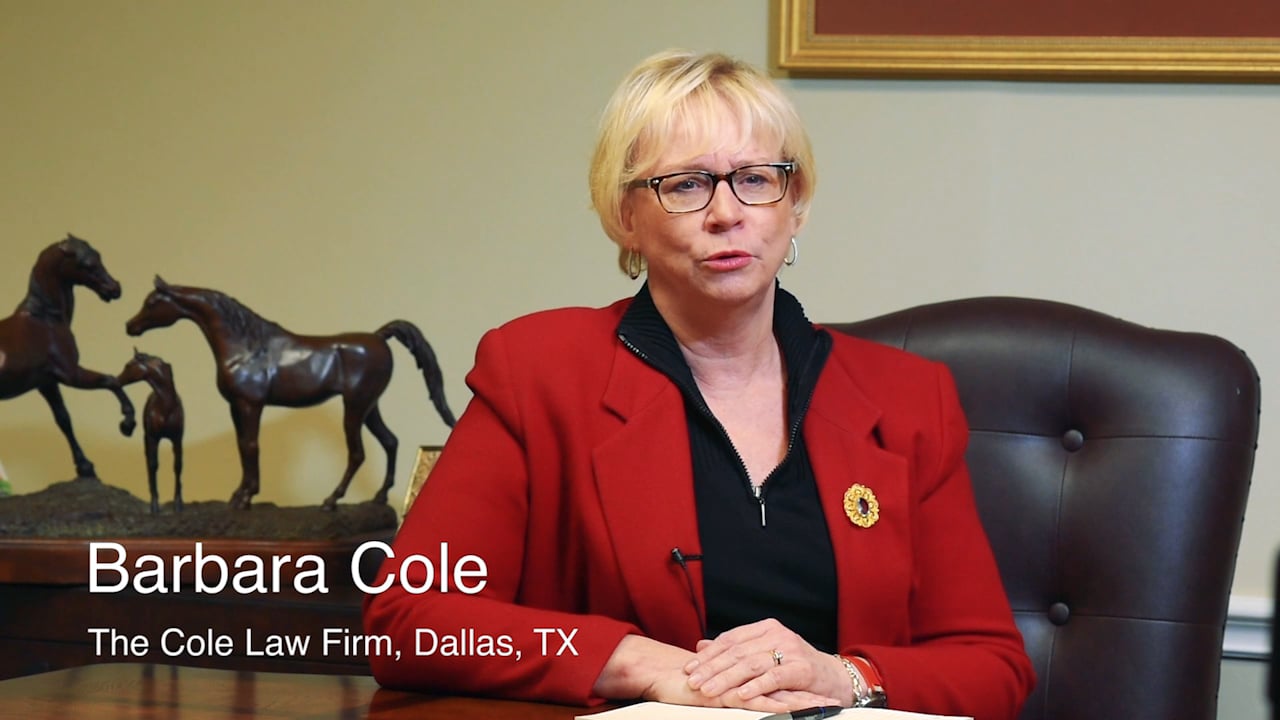
What is a child-centered divorce?
It starts with the parents’ commitment to put the overall welfare of their child or children first—before the parents’ needs for power, property or positioning in the case.
The “Mission Statement” of Divorcing Parents: Children Are the Priority
For a divorce to be child centered the conversation and commitment starts in the first interview with the lawyer. It may even start sooner with the parents affirming that the wellbeing of the children is their priority in the divorce process. Such a commitment is a matter of desire and will. If the couple channels their financial efforts towards the best interest of their children, the attorneys are given a clear sign of parental commitment. If this is the case, no decisions should be made unless and until they fit the mission statement of their divorce case: “Children are the priority.”
How Being Child Centered Changes the Nature of a Divorce Case
Being Child Centered allows the couple to start out at a very high commitment of having less conflict in their divorce process because they’ve already established their first priority. It’s the most important priority, and it’s a product of their marriage, their children. If parents come to us without any established priority, they are in their respective corners chaotically scrambling to see what they can get for themselves. I think when they come to us with their children as a priority, what they’re saying is, “This is sacred space where we place our children, and we are keeping that sacred space. And we will work to make sure that works for our children.” Fortunately, a method exists for divorcing parents to obtain excellent counsel to adhere to this mission statement.
Collaborative Divorce: A Platform for Children
A process for a child centered divorce is the Collaborative Divorce model. It is designed to keep the divorce out of a courtroom, it is typically less aggressive and costly than litigated divorce. In a collaborative divorce:
- Parents strive to work together.
- Children avoid the emotional scars left by stressful scenes.
- Children are not encouraged to turn against either parent.
- Children feel confident in both homes after the divorce concludes.
In a Collaborative Divorce case, specialists are part of the team with skill sets in communications and family finances. The team will orient you to cooperative co-parenting, guided by a detailed, Collaborative Divorce agreement that is not driven by the court but by the parties that know the needs of their family better than anyone else.
To learn more about Child Centered Divorce, contact Barbara Cole, an experienced Collaborative Divorce Attorney today at 972.735.8412.
